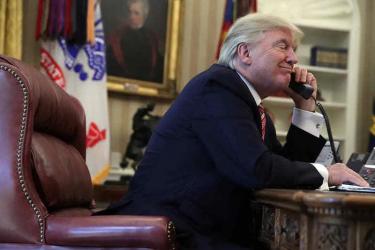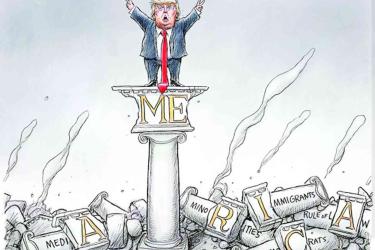United States
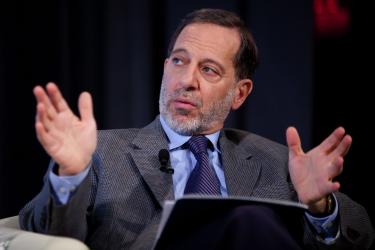
Rashid Khalidi: ‘Israel has created a nightmare scenario for itself. The clock is ticking’
Rashid Khalidi argues the present war is not the “Israeli September 11”. Instead, the only way to understand it is within the context of the war that Israel has been waging against Palestine for the past century.

Resisting authoritarian populism: Trump’s victory and the tasks of the Left
Ashley Smith — The Left, social movements, and unions cannot rely on the Democrats, who are responsible for Trump’s victory. Rather, it needs to build an independent resistance committed to fighting for our own demands.

Gilbert Achcar: Lebanon’s ceasefire is no ‘divine victory’
Gilbert Achcar — Even if not fatal, the blow that the Zionist armed forces have inflicted on Hezbollah is much greater than in 2006.
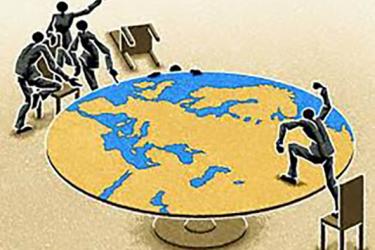
Geopolitical conflicts, anti-imperialism and internationalism in times of ‘reactionary acceleration’
Jaime Pastor — An increasingly authoritarian neoliberalism is spreading, not only in the South but increasingly in the North, with the threat of a “reactionary acceleration”.

The logic of imperialism’s ‘Maritime Great Game’ in the Southeast Asian Sea
Rasti Delizo — A fresh inter-imperialist conflict is mounting in the form of a ‘Maritime Great Game’, and it is swiftly accelerating across the Southeast Asian Sea.
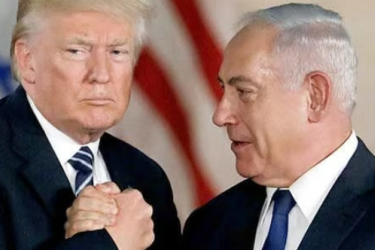
Trump and the Middle East: What lies ahead?
Gilbert Achcar — Netanyahu had been eagerly hoping for this victory and did everything he could to contribute to its achievement. So, what awaits us now that Trump’s return to the White House is confirmed?



